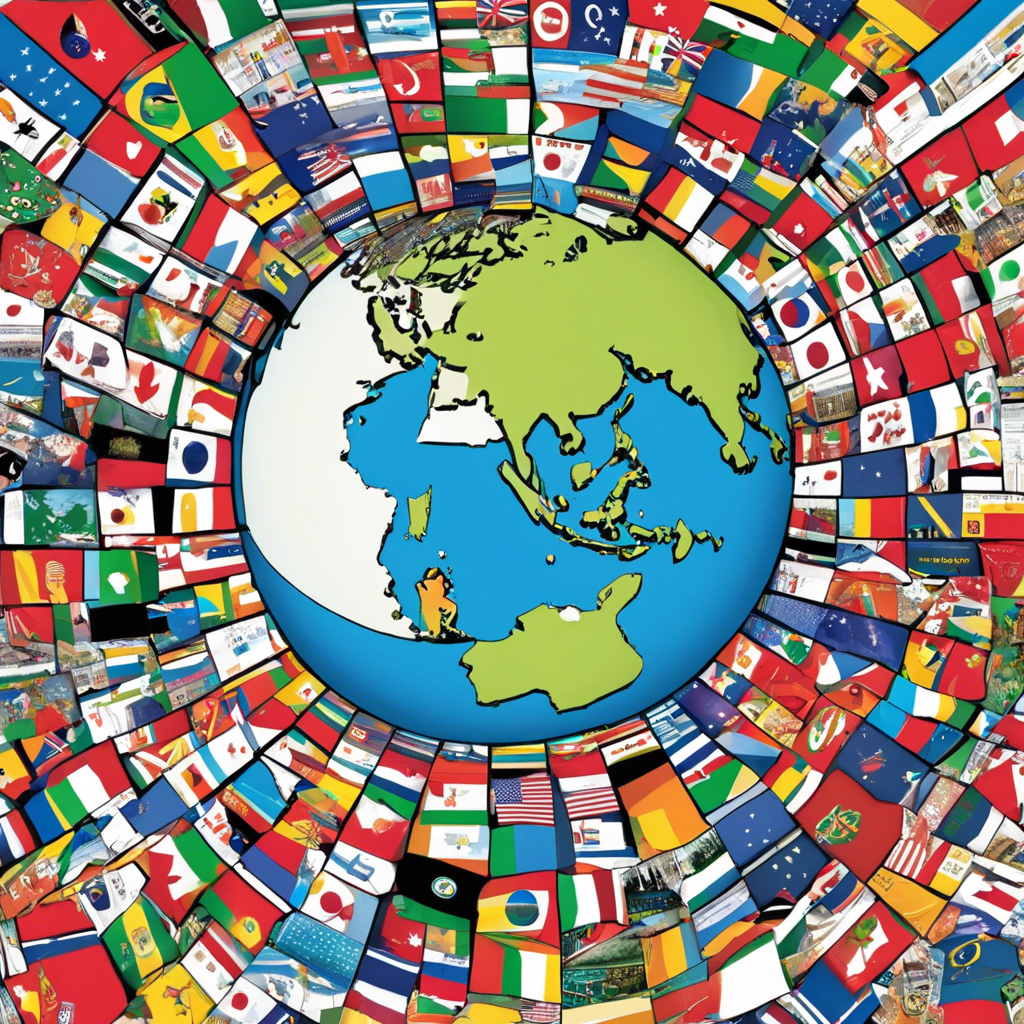Memes have become a ubiquitous part of our digital culture, transcending geographical boundaries and connecting people from diverse backgrounds. These amusing digital artifacts have evolved into a global phenomenon, offering a unique lens through which we can understand the world’s shared humor and cultural trends. Memes, with their viral nature, have the power to unite people from different walks of life, providing a universal language that knows no borders.
The term ‘meme’ was first coined by Richard Dawkins in his 1976 book “The Selfish Gene,” where he described it as a cultural element that spreads like genes, passing from one person to another. What started as a simple concept has now evolved into a global phenomenon with an incredible reach. Memes have become a form of communication that transcends language barriers, allowing people from different cultures to relate and engage with one another.
The internet has played a pivotal role in the proliferation of memes. Social media platforms, such as Twitter, Instagram, and Reddit, have become the breeding ground for these digital creations. With just a few clicks, a meme can be shared across the globe, reaching millions of people in an instant. This rapid dissemination has led to the creation of a shared global culture, where a meme’s popularity is measured by its ability to resonate with audiences from various nationalities.
One fascinating aspect of memes’ global impact is their adaptability. Memes can be localized to cater to specific cultural contexts, making them relatable to different audiences. For instance, a meme originating in the United States might feature a popular American celebrity, but when shared in India, it could be adapted to include a local celebrity, making it more relevant and engaging for the Indian audience.
The viral nature of memes also highlights the interconnectedness of the world. A meme that starts in one region can quickly become a global trend, sparking discussions and spawning countless variations. This rapid spread demonstrates the power of the internet to unite people across continents and foster a sense of global camaraderie.
Furthermore, memes offer a unique opportunity to study cultural trends and societal changes. They often reflect the zeitgeist, providing insights into what people find humorous and the issues they care about. By analyzing meme trends, sociologists and cultural analysts can gain valuable information about global attitudes and perceptions.
In conclusion, memes have become more than just funny images or videos. They are a global phenomenon that fosters connections and understanding between people worldwide. The universal appeal and adaptability of memes reflect our shared humanity, allowing us to find humor in the everyday and unite us through laughter. As the digital landscape continues to evolve, memes will undoubtedly remain a powerful force, shaping global culture and keeping us connected in unexpected ways.

